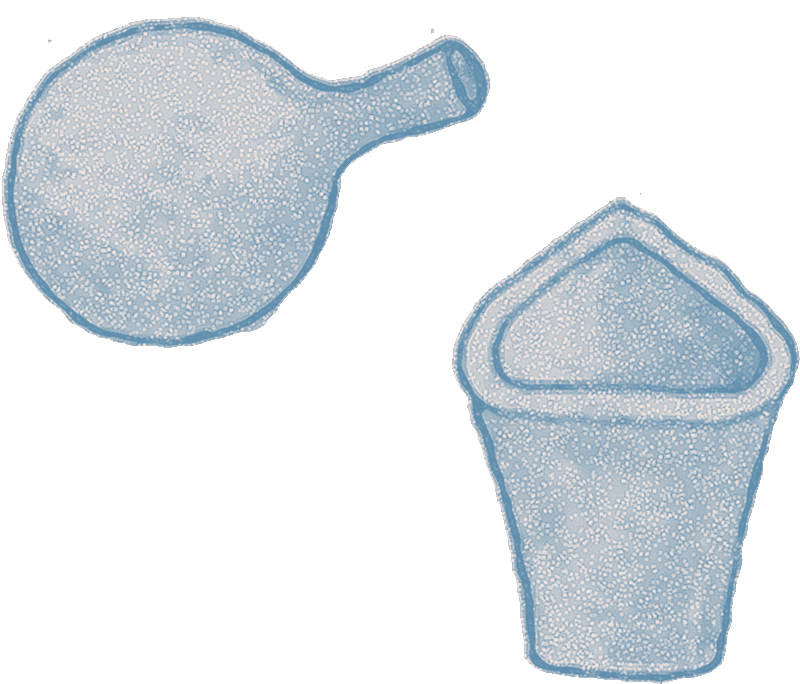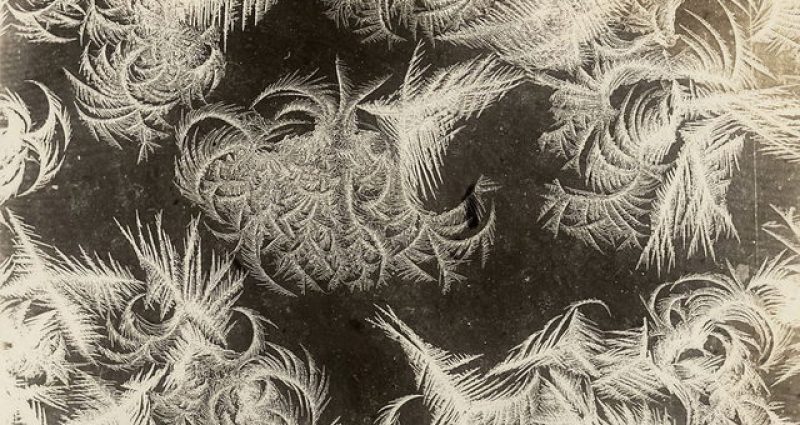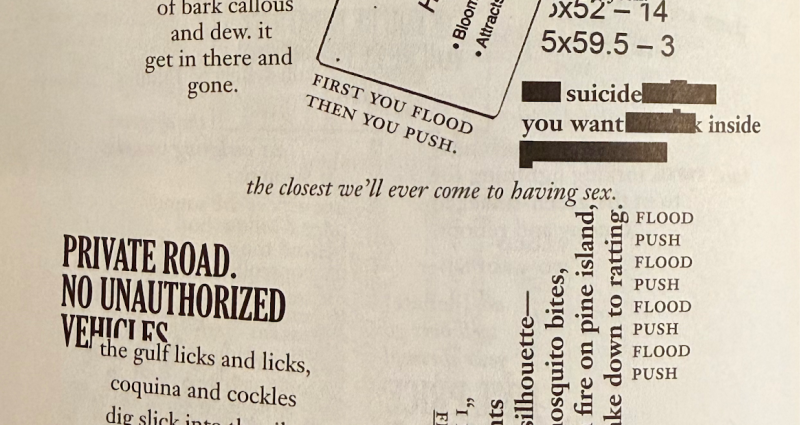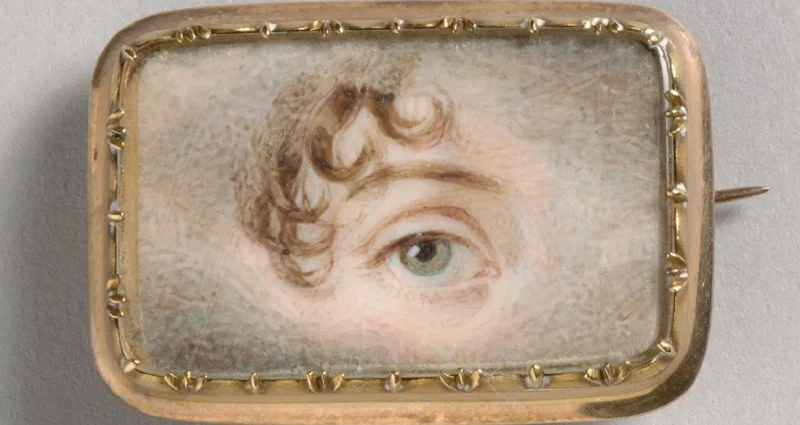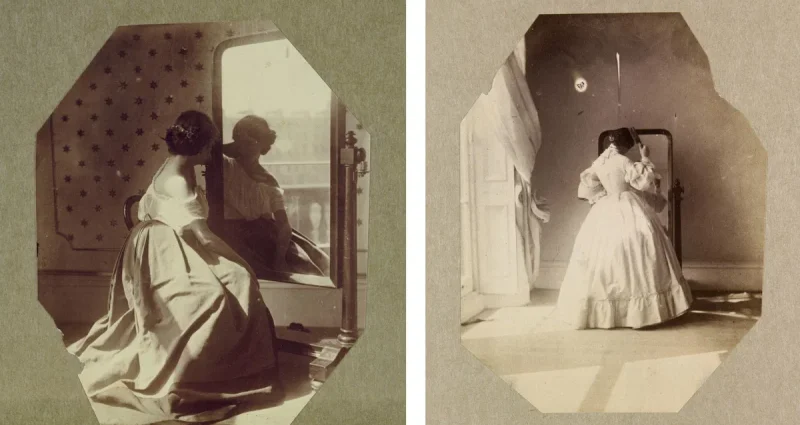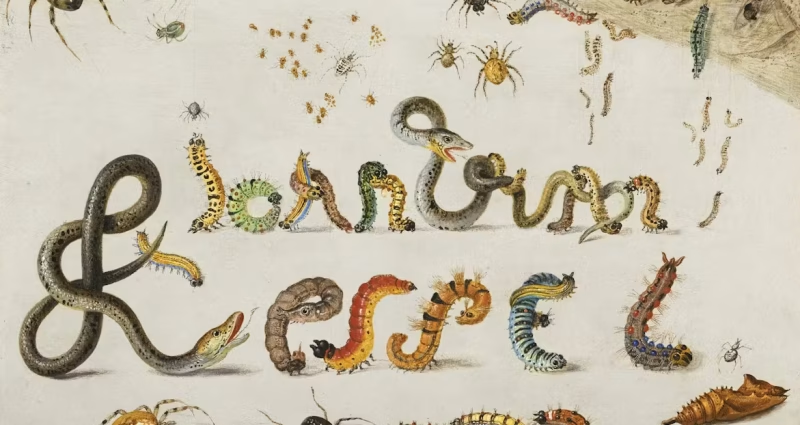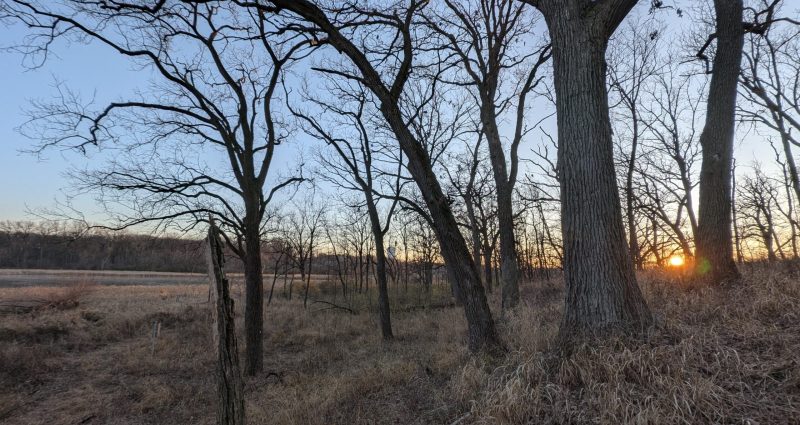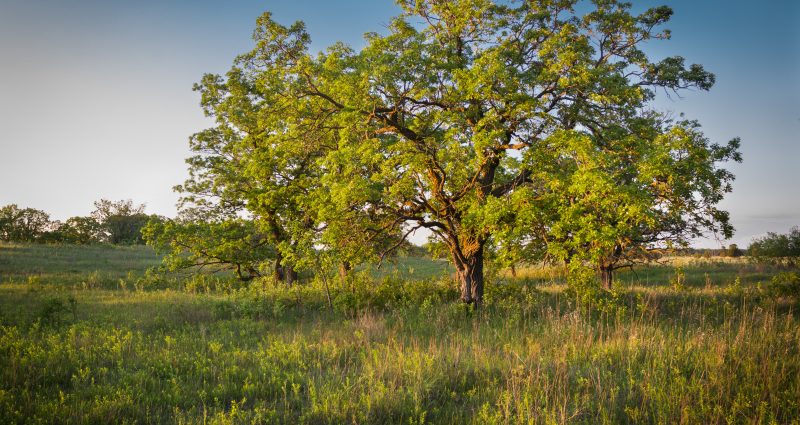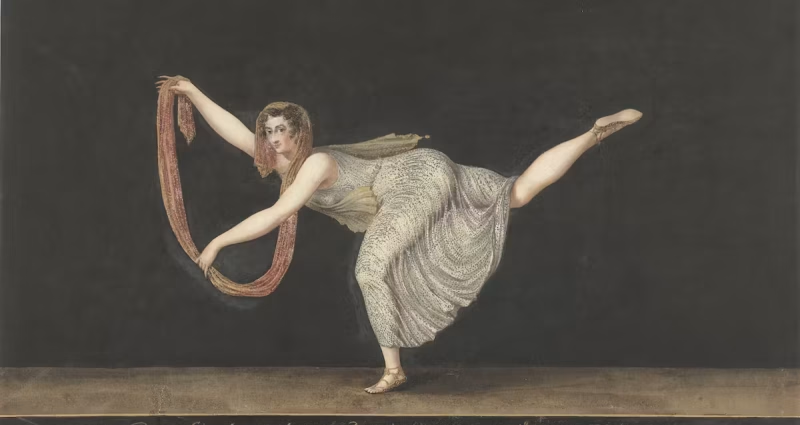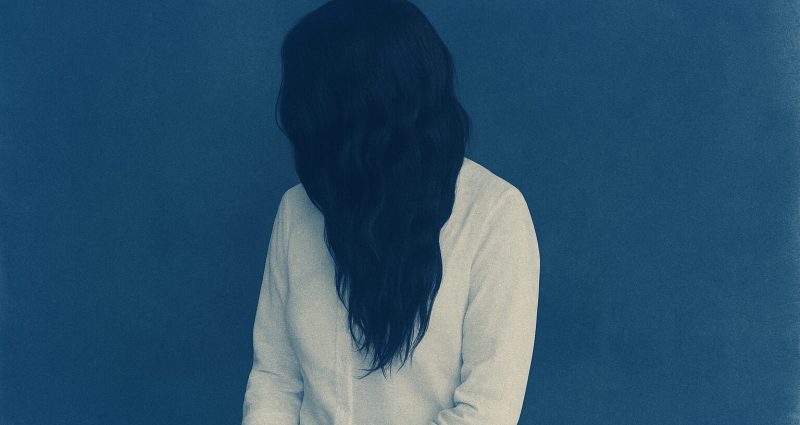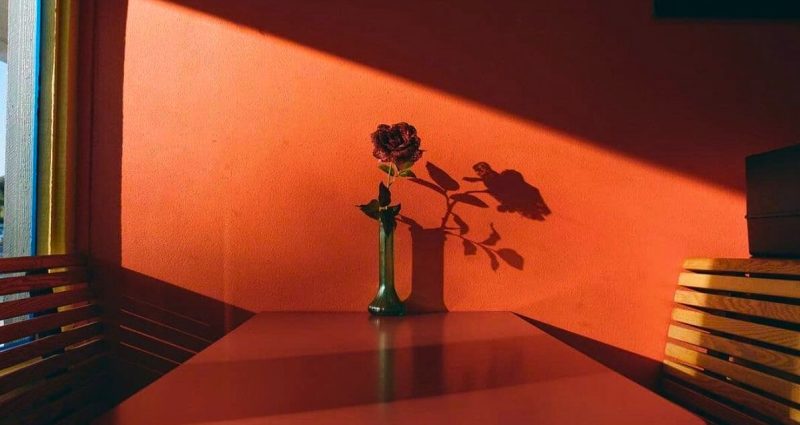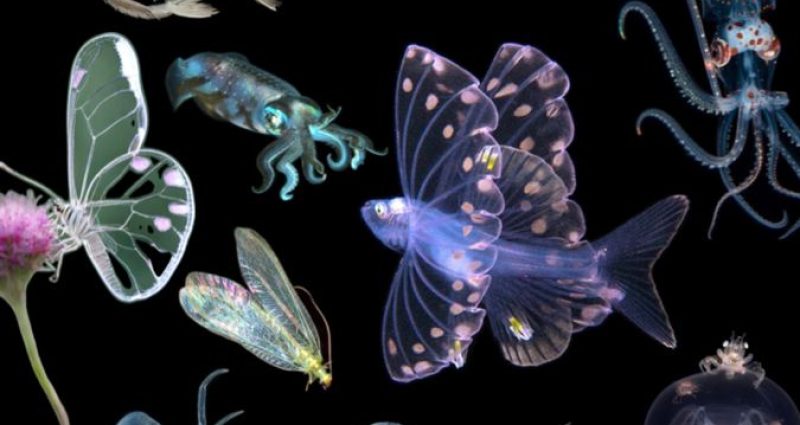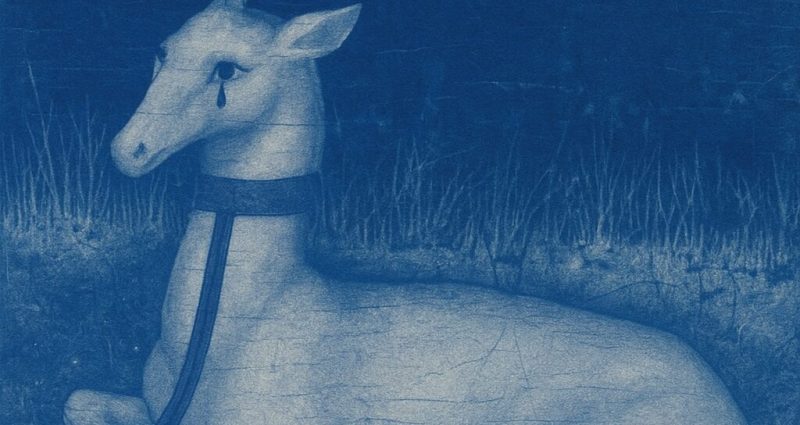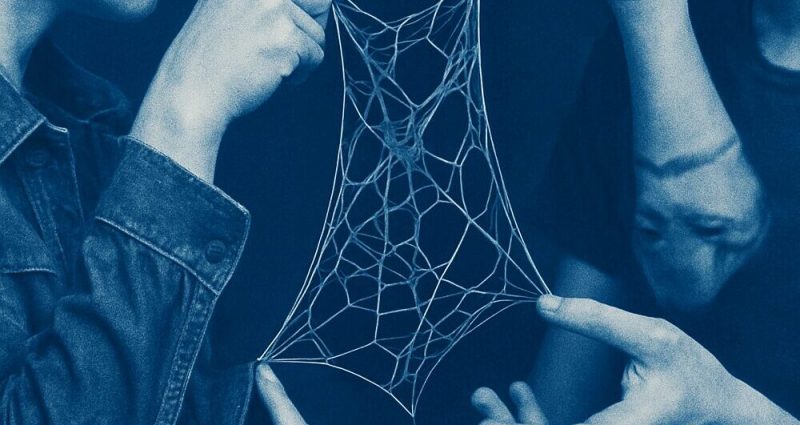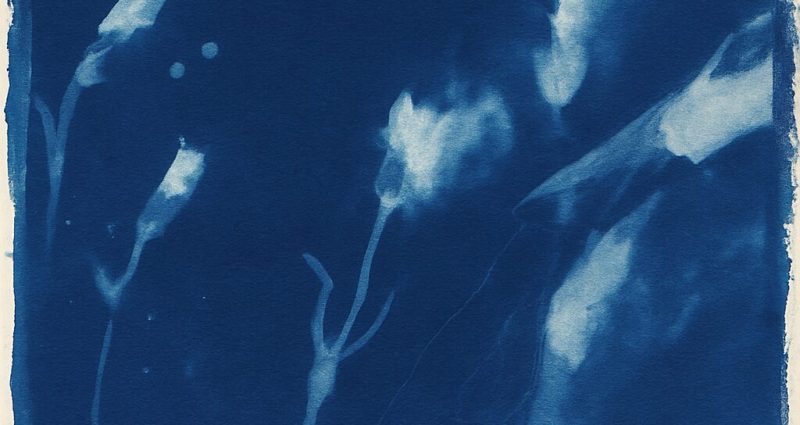POETRY CLINIC

GOT A PROBLEM? HAVE A YEARNING?
Ask us a question or describe your quandary. It could be a pain, a longing, a trouble, a wound. Or a life event, a celebration, a transition. Every month, our poet-in-residence will select a couple of letters and prescribe a poetic tonic.
this month's
POET-IN-RESIDENCE
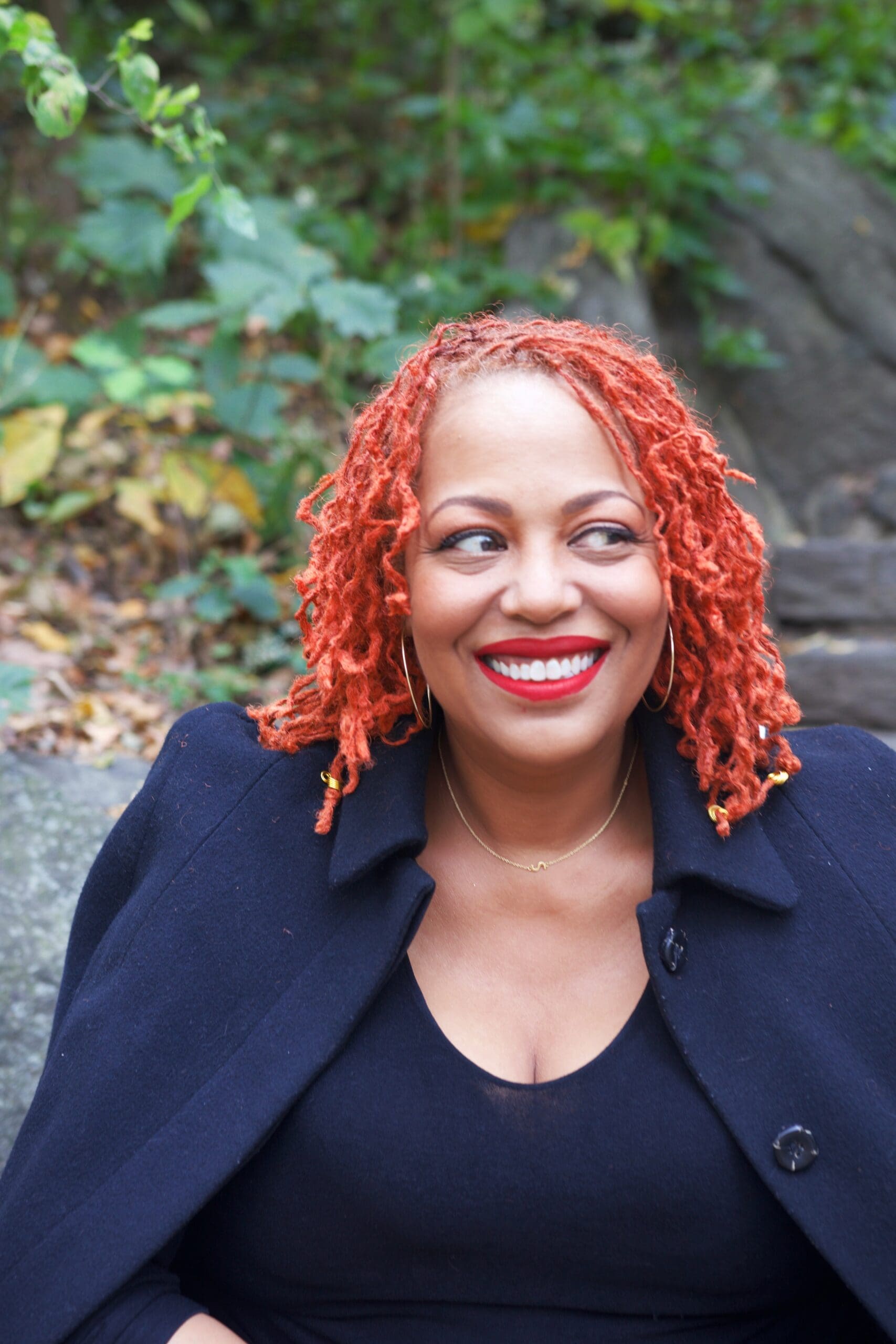
Samiya Bashir is a poet, librettist, performer, multimedia artist, and author of four poetry collections, including Field Theories (2018 Oregon Book Award and Pushcart Prize winner), and I Hope This Helps (Nightboat, 2025). Her editorial work includes the forthcoming 30th Anniversary re-issue of June Jordan’s Poetry for the People: A Revolutionary Blueprint (Haymarket, 2026). Currently the Helen Zell Visiting Professor in Poetry at the University of Michigan, Bashir is a sought-after teacher and creative coach. Her honors include the Rome Prize for Literature. She lives in Harlem.
LETTERS
Asked by: Anonymous
Answered by: Andrew Hipp and Dr. Jake Miesbauer
POETS
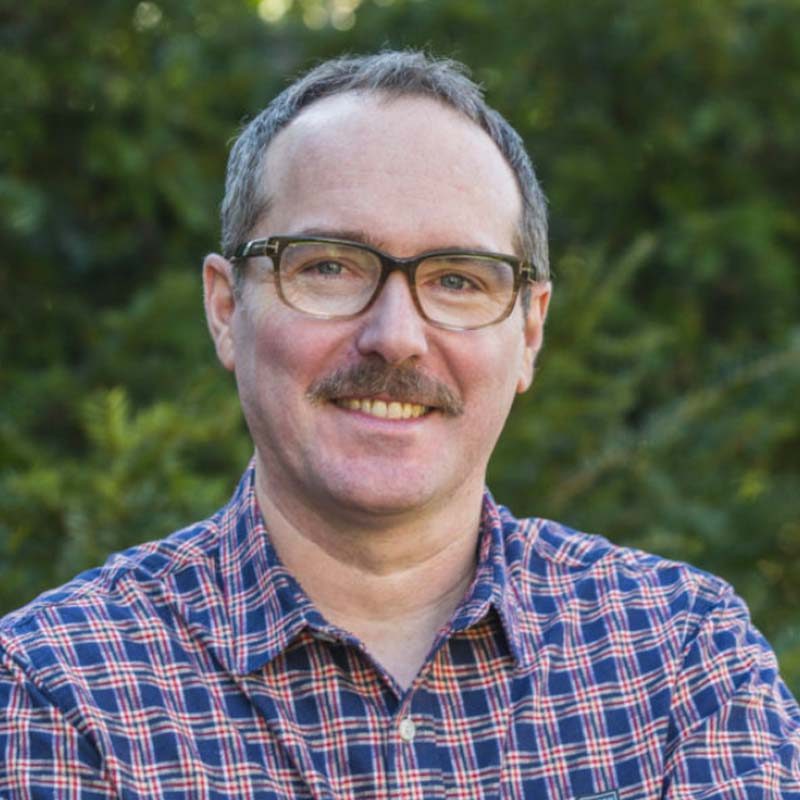
Thomas Devaney is a poet, facilitator, and educator based in Philadelphia. He is a Pew Fellow in the Arts with a focus on city building and community engagement. He wrote and co-director the film Bicentennial City with Green House Media (2020). Devaney is the author of Getting to Philadelphia (Hanging Loose Press, 2019) and You Are the Battery (Black Square Editions, 2019). His work is featured in Best American Poetry 2019. He teaches creative writing at Haverford College and also works for the Lindy Institute for Urban Innovation at Drexel University.
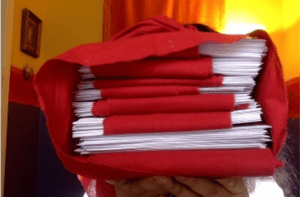
Bhanu Kapil, FRSL is a British-American author of Indian heritage. Her most recent book of poetry, How To Wash A Heart (Pavilion Poetry), won the T.S. Eliot Prize and was a Poetry Book Society Choice. The recipient of a Windham-Campbell Prize from Yale University and a Cholmondeley Award from the Society of Authors, both for poetry, Kapil is the author of six full-length collections. Two new editions of Incubation: a space for monsters were published in 2023, by Kelsey Street Press in the United States and Prototype in the U.K. For twenty years, Kapil taught creative writing, performance art and contemplative practice at Naropa University in Boulder, Colorado. Currently, she is based in Cambridge as a Fellow of Churchill College.
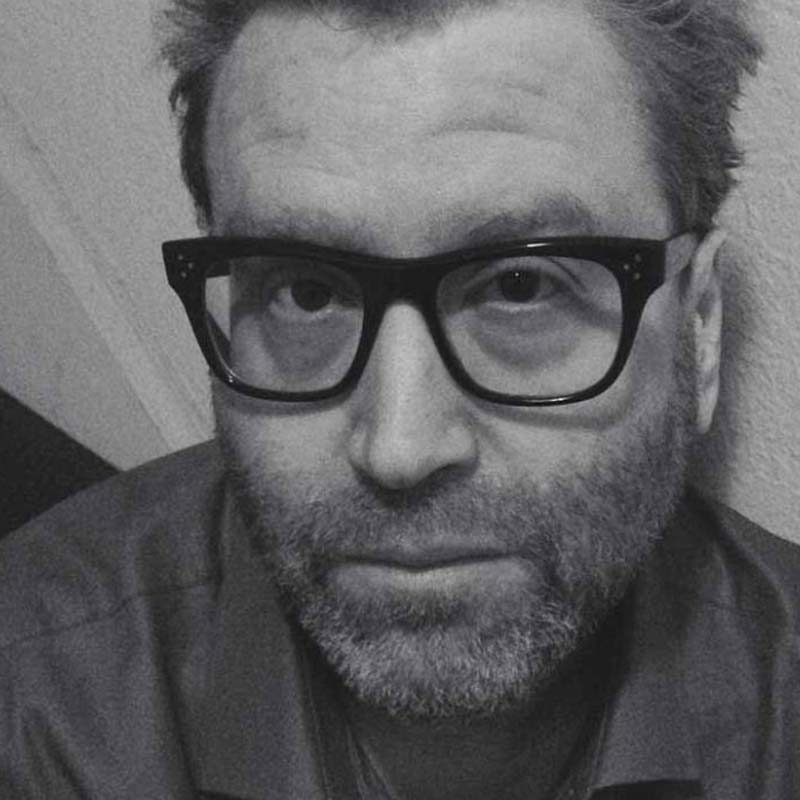
Joseph Lease Joseph Lease’s critically acclaimed books of poetry include Fire Season (Chax Press, 2023), The Body Ghost (Coffee House Press, 2018), Testify (Coffee House Press, 2011), and Broken World (Coffee House Press, 2007). Lease’s poems “‘Broken World’ (For James Assatly)” and “Send My Roots Rain” were anthologized in Postmodern American Poetry: A Norton Anthology. Lease’s poem “‘Broken World’ (For James Assatly)” was anthologized in The Best American Poetry (Robert Creeley, Guest Editor). His poem “Free Again (Why don’t people)” was published in The New York Times. Lease is a Professor of Writing and Literature at California College of the Arts.
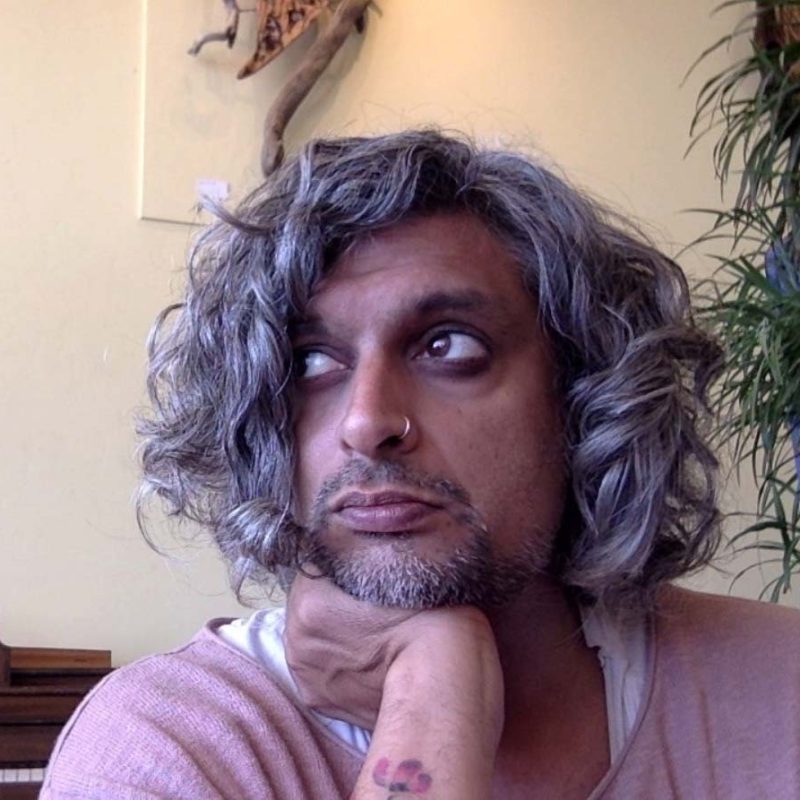
Kazim Ali is an American poet, novelist, essayist, and professor. His recent books include Inquisition (Wesleyan University Press, 2018) and All One’s Blue (Harper Collins India, 2016). His honors include an Individual Excellence Award from the Ohio Arts Council. His poetry and essays have been featured in many literary journals and magazines including The American Poetry Review, Boston Review, Barrow Street, Jubilat, The Iowa Review, West Branch and Massachusetts Review, and in anthologies including The Best American Poetry 2007.
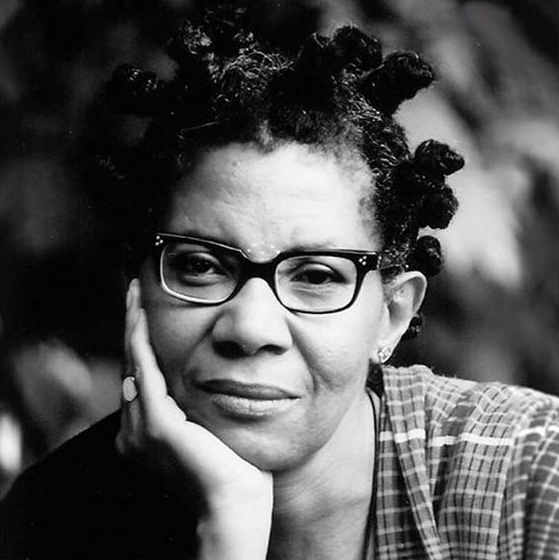
M. NourbeSe Philip is a renowned poet, essayist, novelist, playwright and
independent scholar. She practiced law for seven years before becoming a poet and
writer. Among her published works are the seminal She Tries Her Tongue; Her
Silence Softly Breaks; the speculative prose poem Looking for Livingston: An
Odyssey of Silence; the young adult novel, Harriet’s Daughter; the play, Coups and
Calypsos, and four collections of essays including her most recent collection, BlanK.
Her book-length poem, Zong!, is a conceptually innovative, genre-breaking epic, which
explodes the legal archive as it relates to slavery. Zong! was named the 2021 winner of
World Literature Today’s (WLT) 21 Books for the 21st Century. Among her awards
are the prestigious Chalmers Award (Ontario Arts Council), the Canada Council’s
Victor Martyn Lynch-Staunton Award, as well as the Pushcart Prize (USA), the
Casa de las Americas Prize (Cuba), the Lawrence Foundation Prize (USA), the Arts
Foundation of Toronto Writing and Publishing Award (Toronto), Dora Award
finalist (Drama), and most recently the Windham-Campbell Prize (USA).
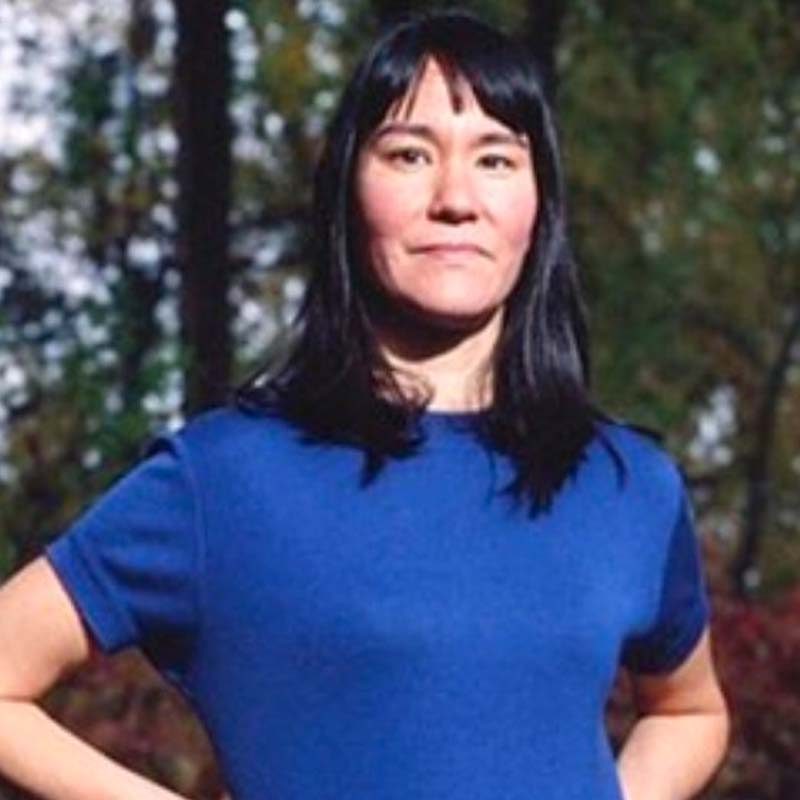
Joan Naviyuk Kane is an Inupiaq American poet. Joan Kane is Inupiaq, and has family from King Island and Mary’s Igloo, Alaska. She graduated from Harvard College with a BA and earned an M.F.A from Columbia University. She lives in Cambridge, Massachusetts with her 2 children. In 2014, Kane was the Indigenous Writer-in-Residence at the School for Advanced Research. She was also a judge for the 2017 Griffin Poetry Prize. Kane was awarded a Guggenheim Fellowship in 2018.
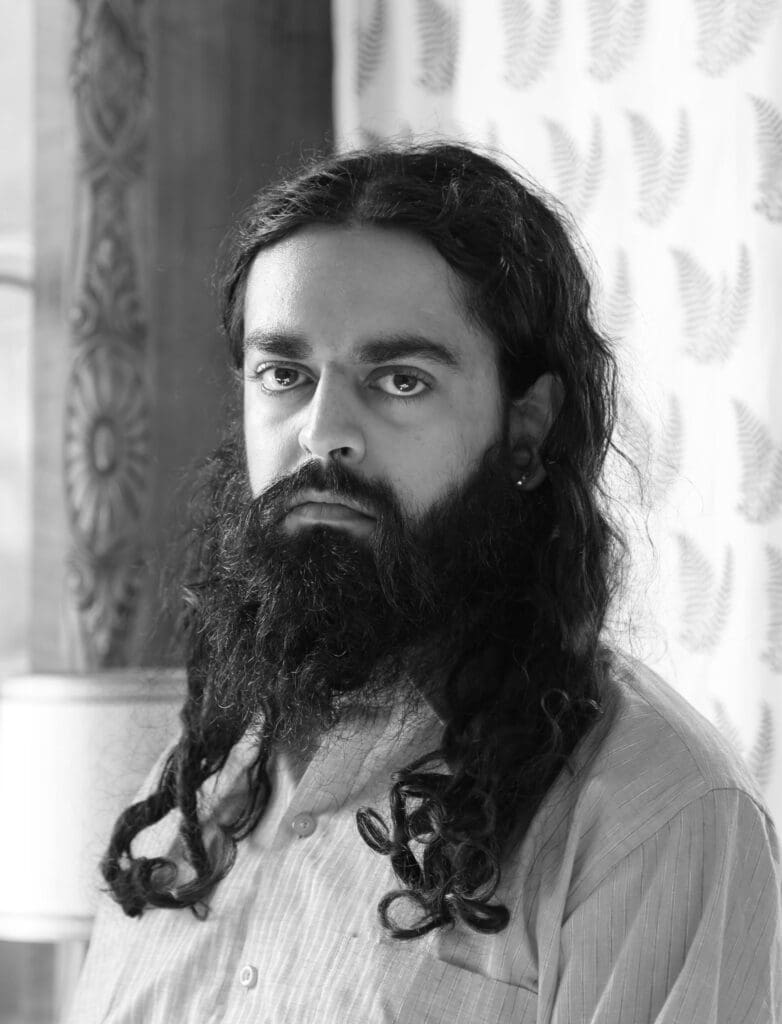
Kashif Sharma-Patel is a writer, poet and co-runs the 87 Press. Kashif is the author of Relief I Willed It, published by Gong Farm last year, and co-author, with Ashwani Sharma and Azad Ashim Sharma, of Suburban Finesse, published by Sad Press, and runs the newsletter culture hawker at https://kashifsp.substack.com/.
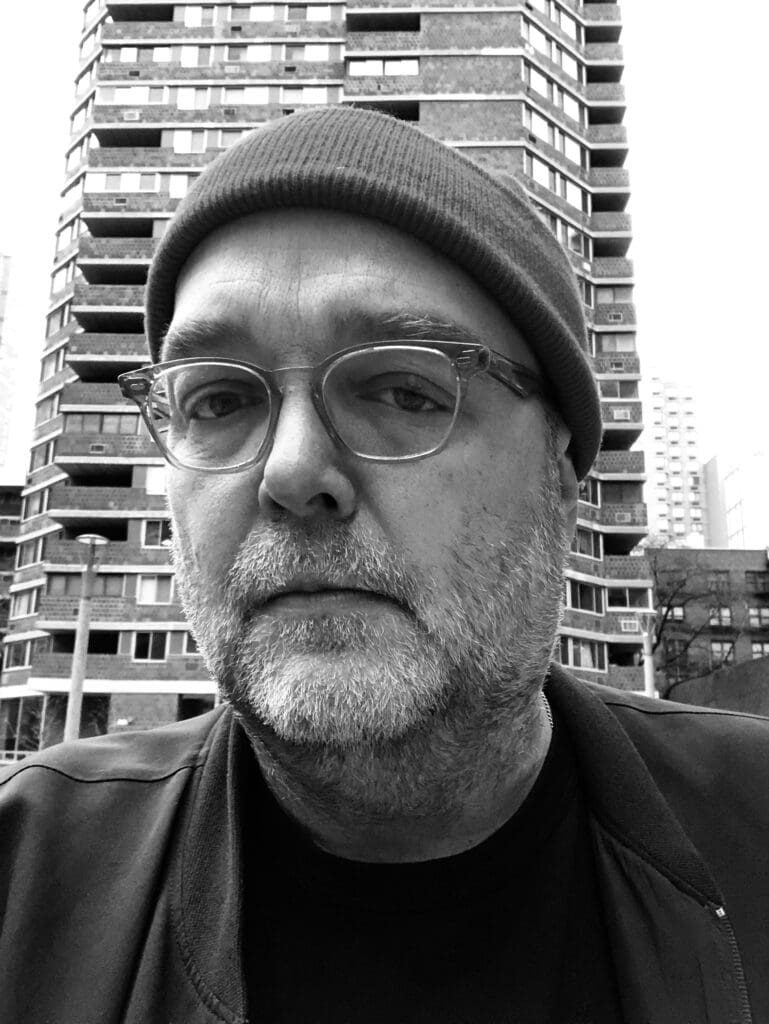
Mark Nowak’s books include Shut Up Shut Down, Coal Mountain Elementary, Social Poetics, and …AGAIN (forthcoming), all from Coffee House Press. He has been awarded fellowships from the Guggenheim, Lannan, and Creative Capital foundations. Nowak recently wrote an introduction to Celes Tisdale’s When the Smoke Cleared: Attica Prison Poems and Journal (Duke University Press, 2022). He is founding director of the Worker Writers School (https://www.instagram.com/workerwritersschool/).
about
POETRY CLINIC
Poetry can liberate the imagination–and be a product of an imagination unhindered. Poetry is also communal, conjuring and singing voices together. In poetry, the world can become motion and play. Language slides into magic and back again into landscape, rocks, rivers, handshakes, and banisters. Into anything really. Its materials are free and everywhere. In poetry we make the world. And it’s in that grounded imagination where attention grows, new kin can be made, old kin re-found. One might very naturally also find solace, succor — or healing.
Living in a vulnerable body is often tough. It can also be a source of wonder and joy. Poetry Clinic provides a poetic response to the complex situation of being a human during this time of climate crisis and cascading conflicts, the ongoing pandemic, and other social and environmental upheavals. Poetry Clinic offers a remedy to cultivate new relationships among readers, poets, and poems in a time of profound uncertainty. It provides an online platform for poets to engage with readers looking for a poetic response to living, including rituals, losses, and wonder.
In short, Poetry Clinic serves as a portal for users to request poems that address specific life situations they’re facing.
More
We invite you to email us with your quandary, any experience or circumstance, for which a poem might be a balm — or a disruption, an opening of sorts. A poem might become a charm to keep in your pocket, or an apotropaic device to keep you safe. Submit a brief letter describing a particular predicament you’re facing – a pain, a longing, a trouble, a wound, anything at all that hurts. Or a life event, a celebration, a hope. Poetry Clinic is the online equivalent of an apothecary, but instead of dispensing herbs and potions, we offer up poems to help soothe a moment of your heartache or worry–or to join in celebrating births, marriages, love, transitions, the passionate transitory. We invite guest poets, writers and singers to offer a selection of texts or songs for you, depending on what you tell us in your letter.
We respect the vulnerability involved in sharing an aspect of your world with strangers. We promise to hold your words with the spirit of care and friendship. Every submission will be read, but only a few will receive a response from the poet-in-residence. Every month, with your consent, and with an option of anonymity, we will publish a handful of exchanges of queries and poetic prescriptions in the Letters section. Over time, our hope is that Poetry Clinic will build up a cabinet of divinations that bring moments of comfort, a dispensary of tonics and spells for you, and for you to share with the people you love.
ABOUT US
The project was imagined by two people who have served each other poetic prescriptions as a mode of friendship over years. Basically, we’ve been sending each other poems for a long, long time.
Poetry Clinic is an outgrowth of Uncertainty Academy, an experimental space for learning to live more creatively with uncertainty and part of the Education Ecologies Collective. Questions? thepoetryclinic@gmail.com
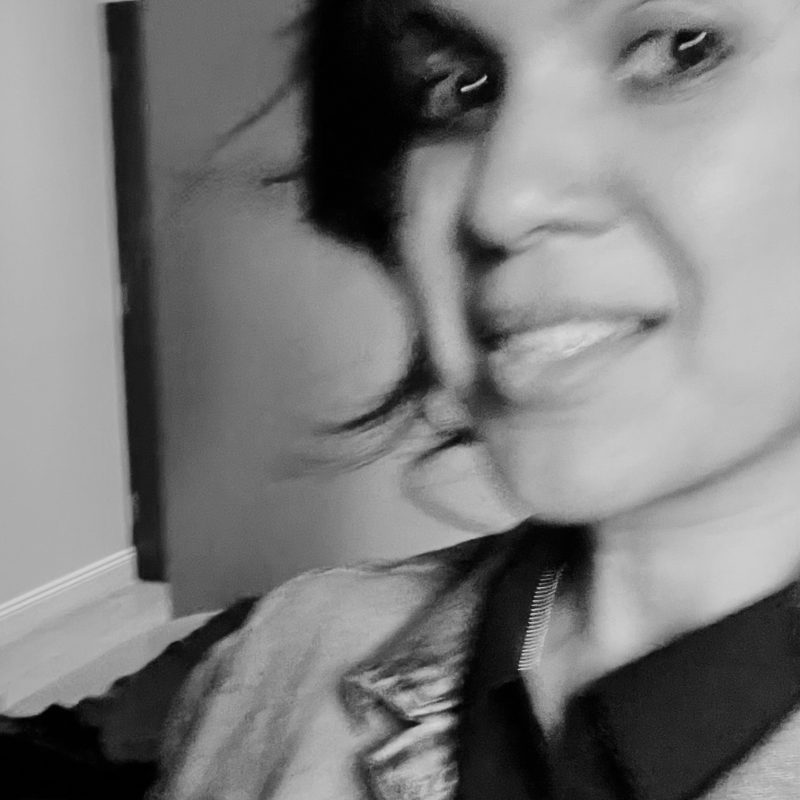
Suparna Choudhury is an interdisciplinary researcher and writer, working between cognitive neuroscience, transcultural psychiatry and creative writing. She is cofounder of Uncertainty Academy and a member of Educational Ecologies Collective.
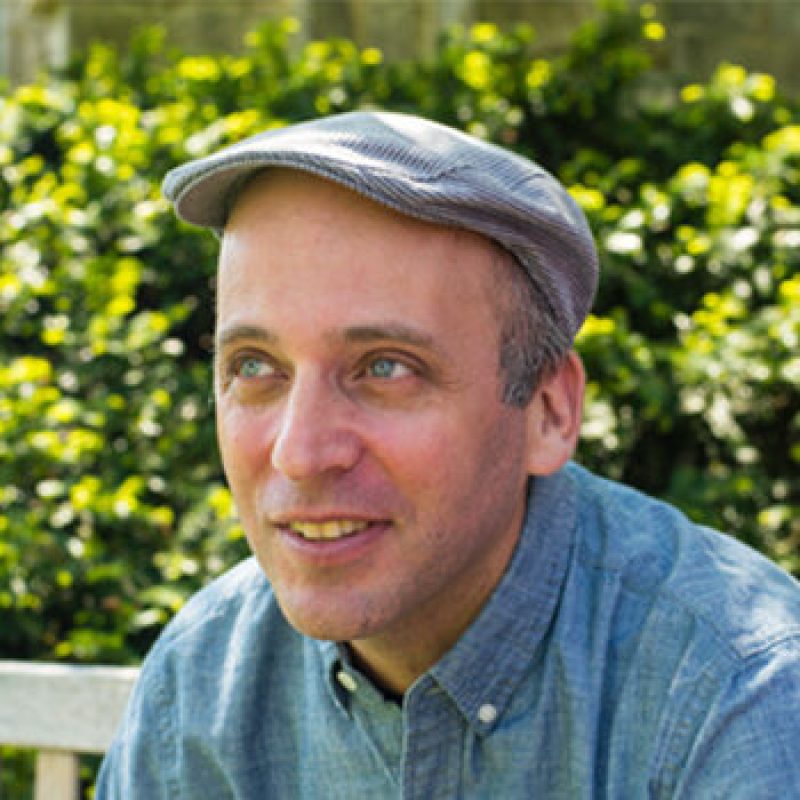
Joshua Moses is a professor of anthropology and environmental studies, author of Anxious Experts: Disaster Response and Spiritual Care from 9/11 to the Climate Crisis, and cofounder of Education Ecologies Collective and the Uncertainty Academy.
